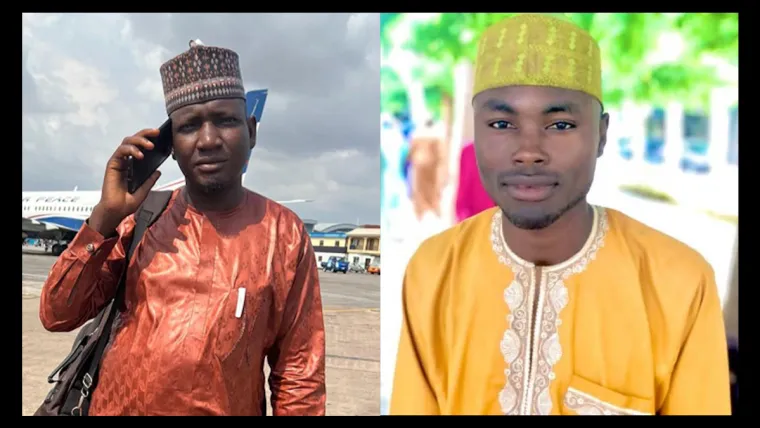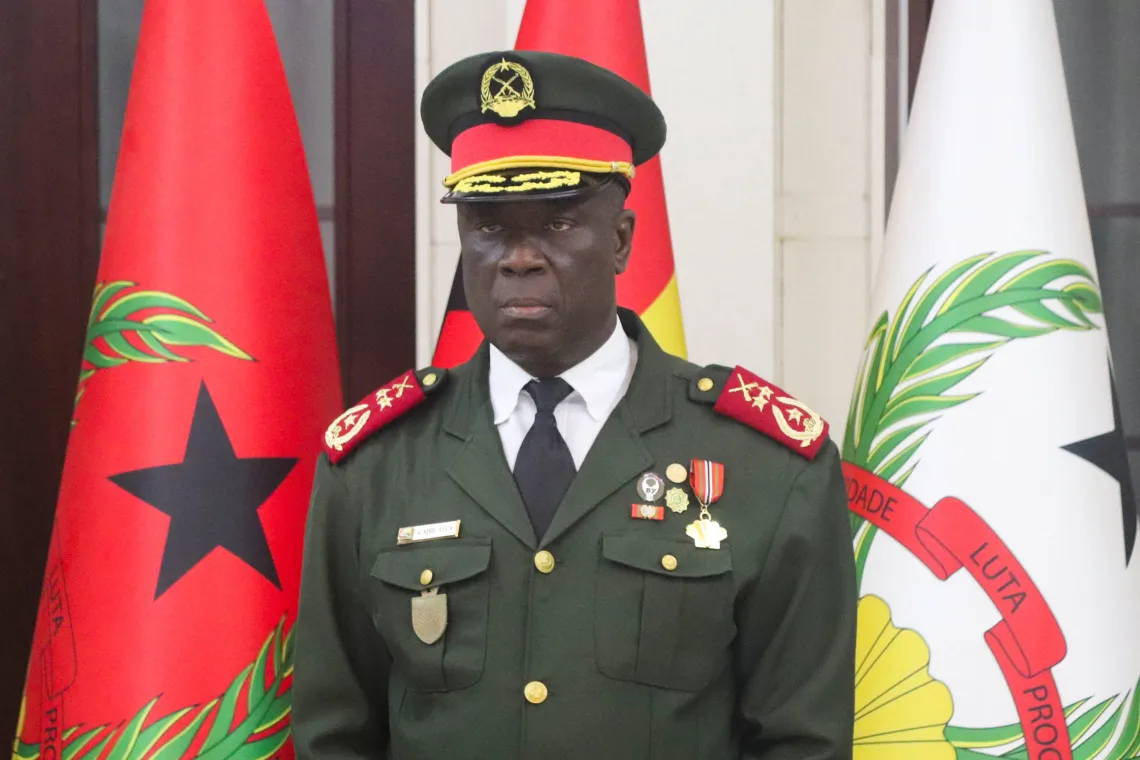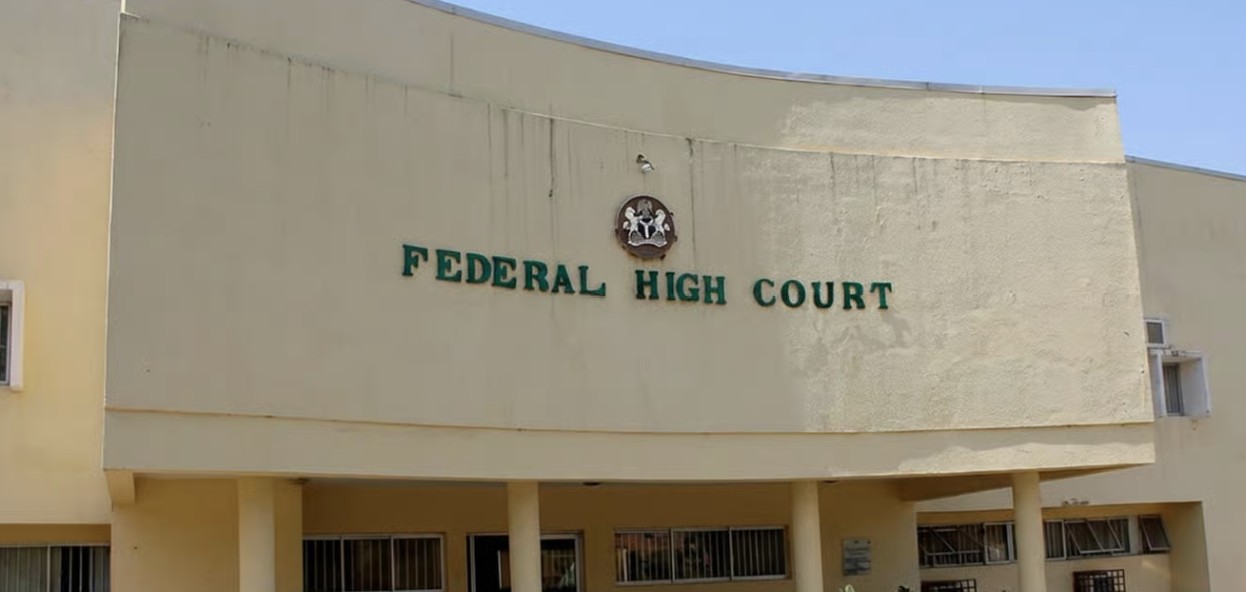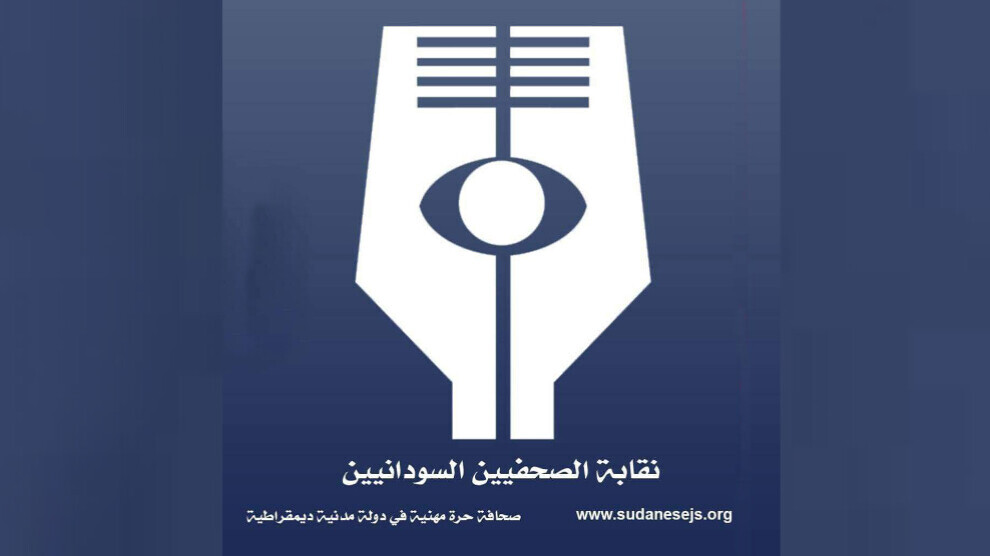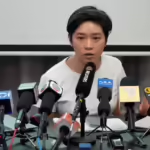
Hong Kong Journalists Face Coordinated Harassment Campaign Targeting Families and Employers
September 14, 2024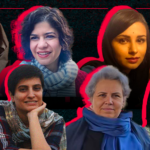
Iran Escalates Repression of Women Journalists Since Mahsa Amini’s Death, RSF Warns
September 16, 2024September 16, 2024, – Nigeria –
In a troubling escalation against press freedom, Nigerian authorities have brought criminal charges against Haruna Mohammed Salisu, publisher of WikkiTimes, and reporter Yawale Adamu following a damning April 2024 investigation. The report exposed alleged embezzlement of public funds by federal lawmaker Mansur Manu Soro, who is accused of colluding with businessman Abubakar Abdullahi to siphon millions through inflated contracts, prompting Abdullahi to file suit two months later.
On September 3, 2024, a magistrate court in Bauchi State issued a bench warrant for Salisu, who was abroad, and scheduled Adamu’s arraignment for September 17 on charges of criminal defamation, injurious falsehood, and mischief, each carrying up to five years in prison plus fines under state law. To date, Adamu has appeared in court eight times, reflecting an ongoing, drawn-out legal battle.
The Committee to Protect Journalists (CPJ) strongly condemns these “malicious prosecutions,” calling for the charges to be dropped and reforms of Nigeria’s criminal defamation laws to shield journalists reporting on corruption. Media Foundation for West Africa (MFWA) characterizes the case as a classic Strategic Lawsuit Against Public Participation (SLAPP), accusing powerful individuals of weaponizing the courts to intimidate whistleblowers.
This is not an isolated incident. WikkiTimes has faced multiple SLAPPs, including defamation suits and cybercrime accusations, often coupled with police threats, cyberattacks, and intimidation tactics, as articles on sensitive issues—corruption, healthcare fraud, and illegal mining—exposed wrongdoing. These efforts are intended to smear reputations, burden journalists financially, and suppress investigative reporting.
In light of this, press freedom advocates urge immediate dismissal of charges and demand that Nigerian authorities end the use of criminal defamation to suppress journalism. They argue that holding media actors criminally liable for exposing corruption is a severe violation of democratic norms, undermining transparency and accountability.
The prosecution of WikkiTimes staff starkly illustrates how legal harassment can be wielded to silence the media. The continued pressure—via court summons, defamation charges, and cyber harassment—threatens not only WikkiTimes but independent reporting across Nigeria. For democracy to flourish, journalists must be free to expose corruption without fear of reprisals.
Reference –

